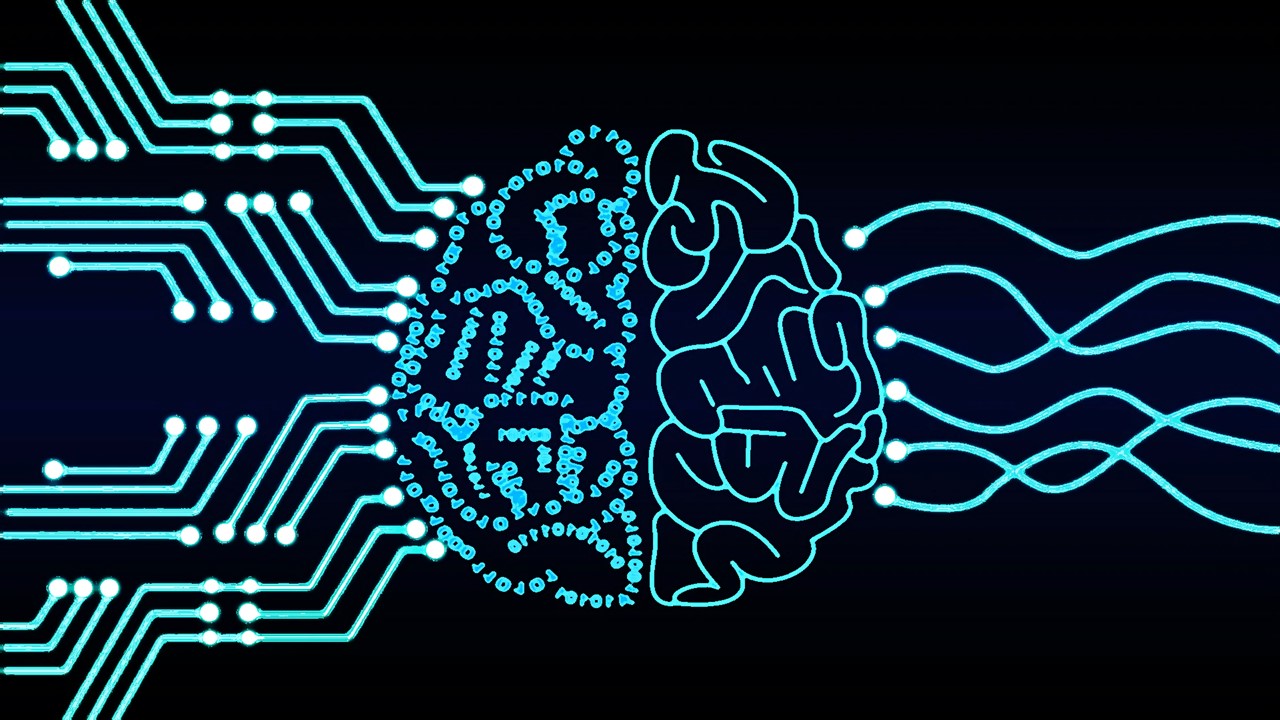
By 2022, it is expected that artificial intelligence (AI) technology will contribute $2.199 billion to pharma’s revenue, with popularity growing across the pharmaceutical industry. The integration of AI within pharma manufacturing is slowly increasing, in order to evolve the process to keep up with clinical demand on a shorter time scale.
The manufacturing of biopharmaceuticals is a complex process with potential for errors at every stage – this costs pharmaceutical companies time and money. One of the primary causes for halted or slow production is human error, which can compromise production in a number of ways including contamination of the product or incorrect data processing.
Errors such as this can cause manufacturing to be severely delayed or even temporarily terminated which increases the significant cost of drug production. This problem has been recognised for many years by the pharmaceutical industry which has slowly been integrating emerging technologies to automate some of the processes.
The term Pharma 4.0 refers to the adaptation of digital strategies and tools of Industry 4.0 principles, and their application to pharmaceutical manufacturing and supply chain practices. Essentially this refers to the digitisation and automation of processes, including mathematical models.
The shift of conventional manufacturing into automation is assisted by AI which reduces human intervention and data processing. A branch of AI, known as machine learning, utilises specific algorithms to ensure that tasks are performed more precisely and help identify the areas that could be further streamlined, significantly boosting production processes.
AI technologies in pharma manufacturing
AI in pharma manufacturing is not necessarily related to physical applications like robotics as some may assume, but is more important in the processing of data at each stage to streamline processes.
An example of this is real-time multivariable analysis, in which various factors of the manufacturing process are taken into account statistically to figure out why an outcome has occurred.
The data sets from this type of analysis can often be too extensive and complex for current software to compute, let alone the human brain. Therefore, machine learning can be used to rapidly scan data for identifiable patterns or trends. This data can then be used to predict changes or errors to allow a process to be altered in real time.
The processes data that arises from these analyses can be used to help predict faults and failures of equipment that otherwise would be buried without sufficient analysis. Examples include year of production, warranty details, maintenance history and repair logs.
By leveraging AI models to identify outliers in this data, the information derived can be turned into actionable insights for proactive maintenance of manufacturing equipment. This prevents incidents that could result in downtime or accidents.
Also known as predictive maintenance, this added intelligence enables pharma manufacturers to “forecast when or if functional equipment will fail so that its maintenance and repair can be scheduled before the failure occurs”.
The benefits of utilising AI in areas of pharma manufacturing like predictive maintenance include:
• More consistent quality control
• Improved waste management
• Supply chain management
• Inventory management
• Improve production reuse
All of these benefits contribute to a smoother manufacturing process, enabling operators to identify the cause of potential failures and find effective solutions before they can occur. This allows pharma products to meet the ‘aggressive time-to-market’ required as demand continues to increase.
Furthermore, they save pharma companies significant amounts of money by controlling repair costs, avoiding warranty costs for failure recovery and reducing unplanned downtime which could otherwise prevent drugs from reaching the market.
AI technology is being increasingly used to optimise API yield in a chromatography process. API, also known as the active pharmaceutical ingredient, is the active chemical ingredient within a pharmaceutical product like medicine.
High performance liquid chromatography (HPLC) is a useful tool used in pharmaceutical manufacturing in which the results can be used to “analyse finished drug products and their ingredients quantitatively and qualitatively during the manufacturing process.”
An example of this technology was the launch of Shimadzu’s Nexera Ultra High-Performance Liquid Chromatograph series in 2019. This system incorporates AI as analytical intelligence which enables the detection of issues and automatically resolves them. The main benefits of integrating AI within chromatography is evident within this system which “enables users to easily review instrument status, optimise resource allocation, and achieve higher throughput”.
Challenges
While AI has been increasingly used across the pharma industry, there remains a number of challenges that need to be addressed in order to reap the benefits. First is the skill challenges – in a recent interview by Forbes, the Head of Innovation and Emerging Technologies for GSK emphasised the limited pool of individuals trained in data science.
Even if AI has the potential to streamline pharma manufacturing, it requires skilled personnel with the appropriate background to manage these models and data analysis. This is a problem for any sized pharma organisation.
Secondly is accountability – if an AI-based system malfunctions during pharma manufacturing, who is left accountable for the consequential impact? This was emphasised in an article by Pharma Boardroom. It’s an important point raised should AI become heavily integrated into drug manufacturing, as it could compromise not only profits for the pharma company but also the health of patients. Whether this has been addressed or not remains unclear.
In terms of pharma companies adopting AI in drug manufacturing, the adaptation has been a slow process. According to a recent article, “it has taken over a decade for the industry to begin thinking seriously about adopting and leveraging AI to reduce manufacturing risk and optimize outcomes”.
It remains unclear which pharma companies are moving in this direction; however it has been inferred that the larger market leaders have been already using this technology for many years. When and if the small- and medium-sized companies will reap the benefits will be evident in the years to come.
Charlotte Di Salvo, Lead Medical Writer
PharmaFeatures
Subscribe
to get our
LATEST NEWS
Related Posts

AI, Data & Technology
Precision in Three Dimensions: A Novel Approach to Tumor Resection and Reconstruction of the Femoral Trochanter
The integration of digital modeling and personalized guides into the surgical workflow transforms the execution of tumor resection and reconstruction.

AI, Data & Technology
Blueprint for the Future: Establishing Rigorous Standards for Medical AI Data
Medical AI requires not just vast datasets but datasets of impeccable quality.
Read More Articles
Myosin’s Molecular Toggle: How Dimerization of the Globular Tail Domain Controls the Motor Function of Myo5a
Myo5a exists in either an inhibited, triangulated rest or an extended, motile activation, each conformation dictated by the interplay between the GTD and its surroundings.













